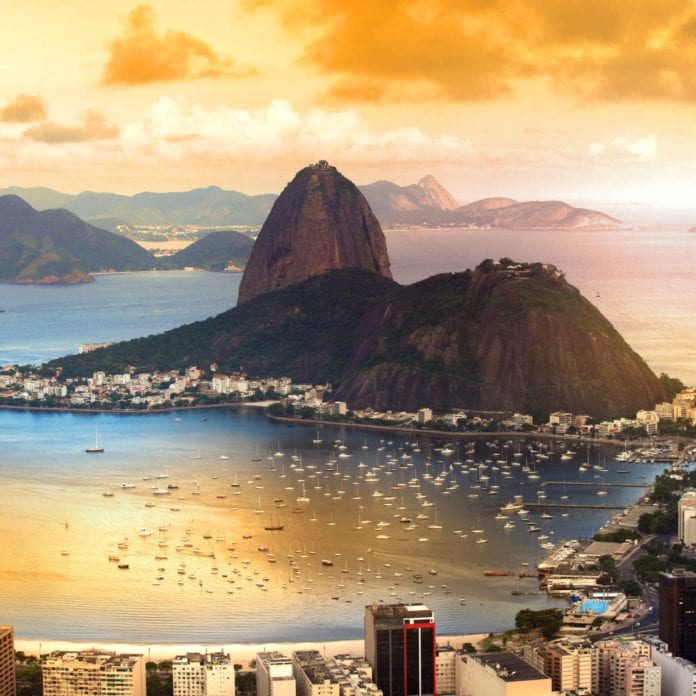The Brazilian government aims to carry out a tender to award 5G spectrum by the end of the first half of 2021, according to Brazilian press reports.
According to government officials, the future 5G spectrum auction will be “the largest auction for the right to use radio frequency of the country’s history “.
President Jair Bolsonaro, the Minister of Communications Fábio Faria, and members of the National Telecommunications Agency (Anatel) recently met in Brasilia to prepare the tender.
“We expect to have the regulations approved at the beginning of next year, since the bidding process must take place at the end of the first semester. It is the schedule with which we work and we will pursue it despite the challenges that were placed before us,” said Carlos Baigorri, a counselor at Anatel.
Meanwhile, Anatel’s President Leonardo Euler de Morais, said that the 5G tender will not seek to collect money but will require the winning companies to commit to invest in the sector.
“It will be the largest spectrum auction in the history of Brazil. And we are working with an objective that favors investment commitments to the detriment of a collection objective. Brazil still has gaps in telecommunications infrastructure and this tender is a unique opportunity to fill these gaps”, he said.
Even before COVID-19, the 5G spectrum auction schedule had been postponed from its initial March 2020 date given the need to further investigate interference with other signals.
Anatel previously confirmed that it would award spectrum in the 2.3 GHz and 3.5 GHz bands.
Brazilian mobile operator Claro, owned by Mexican telecommunications group America Movil, launched 5G services in limited areas in Sao Paulo and Rio de Janeiro on July 14.
Claro launched its 5G network using a combination of 700 MHz, 1800 MHz and 2.5 GHz spectrum. The telco is using Dynamic Spectrum Sharing technology from Ericsson to deliver 5G services via the same spectrum used for its LTE-A network. Testing of DSS technology began in October 2019, in partnership with Ericsson, Qualcomm and Motorola.
The carrier had announced plans to expand its 5G service in 12 additional cities before the end of the year.
Claro’s 5G service will reach Brasília, Porto Alegre, Goiânia, São Luís, Manaus, Belém, Guarulhos, Santos, Santo André, São Bernardo do Campo and São Caetano do Sul.
Rival operator TIM Brasil, the Brazilian arm of Telecom Italia, announced a 5G trial in the cities of Bento Gonçalves, in Rio Grande do Sul; Itajubá, in Minas Gerais; and Três Lagoas, in Mato Grosso do Sul. The company said it will use DSS technology as well as equipment from Nokia, Ericsson and Huawei.
The future deployment of 5G technology in Brazil could have a $1.216 trillion economic impact and an increase in productivity of $3.08 trillion, according to a recent study by Nokia and Omdia.
ICT, government, manufacturing, services, agriculture, and retail will be the industries most impacted by the future deployment of 5G in Brazil, the study concluded.

